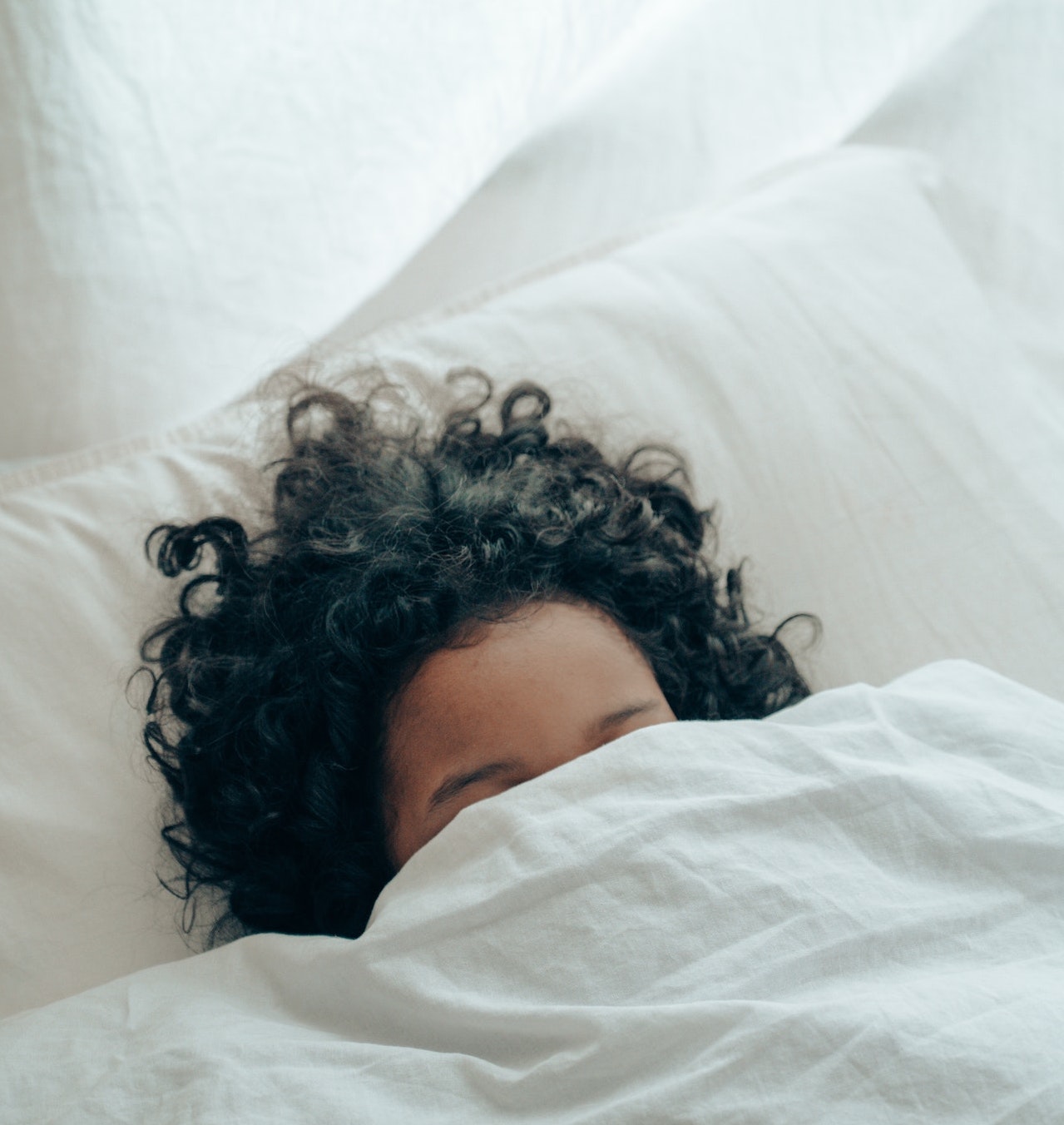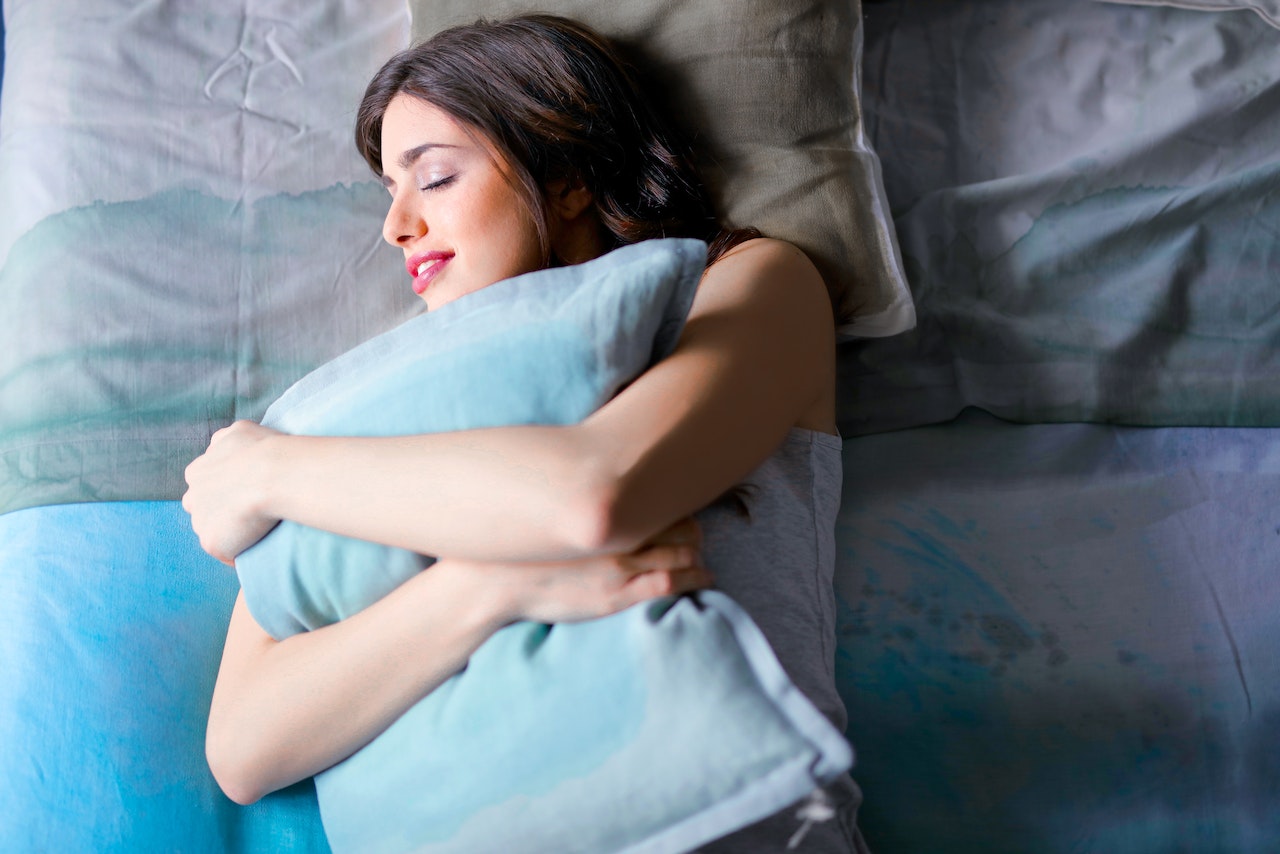The Great Snooze: Why Sleep is Vital for Your Health and Happiness
We all know that sleep is important. But did you know that it's actually one of the most important things you can do for your health and wellbeing? It's true! Getting enough quality sleep each night can have a huge impact on your physical, mental, and emotional health. So if you're one of those people who likes to burn the midnight oil, or you're just not getting enough rest, read on to discover why a good night's sleep is so vital, and how you can get more of it.
The Great Snooze: Why Sleep is Vital for Your Health and Happiness
We all know that sleep is important. But did you know that it's actually one of the most important things you can do for your health and wellbeing? It's true! Getting enough quality sleep each night can have a huge impact on your physical, mental, and emotional health. So if you're one of those people who likes to burn the midnight oil, or you're just not getting enough rest, read on to discover why a good night's sleep is so vital, and how you can get more of it.

Why Sleep is Essential for Your Health
First things first: why do we need sleep anyway? Well, for starters, sleep is when our bodies repair and regenerate. It's a time for our cells to rebuild, for our muscles to relax and recover, and for our brains to process information and store memories. But that's not all. Sleep is also essential for:
- Regulating our hormones: When we don't get enough sleep, our hormone levels can get out of whack, leading to all sorts of problems, from weight gain and mood swings to a weakened immune system and increased risk of chronic diseases like diabetes and heart disease.
- Supporting our immune system: While we sleep, our bodies produce cytokines, proteins that help fight off infection, inflammation, and stress. Without enough sleep, our immune system can become weakened, leaving us more susceptible to illness and disease.
- Improving our mood: We've all experienced the grumpiness that comes with a bad night's sleep. But chronic sleep deprivation can lead to more serious mental health issues, like depression, anxiety, and mood disorders.
- Enhancing our cognitive function: Sleep is crucial for brain function, including learning, memory, and problem-solving. Without enough sleep, our ability to think, focus, and concentrate can suffer, leading to decreased productivity, poor performance, and even accidents.
Why Sleep is Essential for Your Health
First things first: why do we need sleep anyway? Well, for starters, sleep is when our bodies repair and regenerate. It's a time for our cells to rebuild, for our muscles to relax and recover, and for our brains to process information and store memories. But that's not all. Sleep is also essential for:
- Regulating our hormones: When we don't get enough sleep, our hormone levels can get out of whack, leading to all sorts of problems, from weight gain and mood swings to a weakened immune system and increased risk of chronic diseases like diabetes and heart disease.
- Supporting our immune system: While we sleep, our bodies produce cytokines, proteins that help fight off infection, inflammation, and stress. Without enough sleep, our immune system can become weakened, leaving us more susceptible to illness and disease.
- Improving our mood: We've all experienced the grumpiness that comes with a bad night's sleep. But chronic sleep deprivation can lead to more serious mental health issues, like depression, anxiety, and mood disorders.
- Enhancing our cognitive function: Sleep is crucial for brain function, including learning, memory, and problem-solving. Without enough sleep, our ability to think, focus, and concentrate can suffer, leading to decreased productivity, poor performance, and even accidents.
The Consequences of Sleep Deprivation
So what happens when we don't get enough sleep? Well, unfortunately, the consequences can be pretty serious. Here are just a few of the ways that sleep deprivation can impact your health:
The Consequences of Sleep Deprivation
So what happens when we don't get enough sleep? Well, unfortunately, the consequences can be pretty serious. Here are just a few of the ways that sleep deprivation can impact your health:
- Weight gain and obesity: Lack of sleep can disrupt the hormones that regulate hunger and appetite, leading to increased cravings and overeating. Studies have shown that people who don't get enough sleep are more likely to be overweight or obese.
- Increased risk of chronic diseases: Chronic sleep deprivation has been linked to a higher risk of a number of serious health conditions, including diabetes, heart disease, and stroke.
- Impaired cognitive function: When we're sleep-deprived, our ability to think, reason, and make decisions can suffer. This can lead to poor work performance, decreased productivity, and even accidents.
- Weakened immune system: As we mentioned earlier, sleep is essential for a healthy immune system. Without enough rest, our bodies are less able to fight off infections and illnesses.
- Mood disorders: Lack of sleep can cause irritability, mood swings, and even depression and anxiety.
- Increased risk of accidents: Studies have shown that people who don't get enough sleep are more likely to be involved in accidents, whether on the road, at work, or at home.
- Weight gain and obesity: Lack of sleep can disrupt the hormones that regulate hunger and appetite, leading to increased cravings and overeating. Studies have shown that people who don't get enough sleep are more likely to be overweight or obese.
- Increased risk of chronic diseases: Chronic sleep deprivation has been linked to a higher risk of a number of serious health conditions, including diabetes, heart disease, and stroke.
- Impaired cognitive function: When we're sleep-deprived, our ability to think, reason, and make decisions can suffer. This can lead to poor work performance, decreased productivity, and even accidents.
- Weakened immune system: As we mentioned earlier, sleep is essential for a healthy immune system. Without enough rest, our bodies are less able to fight off infections and illnesses.
- Mood disorders: Lack of sleep can cause irritability, mood swings, and even depression and anxiety.
- Increased risk of accidents: Studies have shown that people who don't get enough sleep are more likely to be involved in accidents, whether on the road, at work, or at home.

Tips for Getting Better Sleep
Okay, so we've established that sleep is pretty important. But what can you do if you're having trouble getting enough rest? Here are a few tips to help you improve your sleep hygiene and get the rest you need:
-
Stick to a consistent sleep schedule: Try to go to bed and wake up at the same time every day, even on weekends.
-
Create a calming bedtime routine: Establish a relaxing routine to wind down before bed. This could include reading a book, taking a warm bath, or listening to calming music.
-
Make sure your sleep environment is conducive to rest: Your bedroom should be cool, quiet, and dark, with a comfortable mattress and pillows.
-
Limit screen time before bed: The blue light emitted by electronic devices can disrupt your sleep, so try to avoid using screens for at least an hour before bedtime.
-
Avoid caffeine and alcohol: These substances can interfere with your sleep, so it's best to avoid them altogether or limit your intake.
-
Exercise regularly: Regular exercise can help improve the quality of your sleep, but make sure you don't exercise too close to bedtime, as this can actually make it harder to fall asleep.
In conclusion, sleep is absolutely essential for our health and wellbeing. It's not just about feeling rested and refreshed in the morning; it's about supporting our bodies and minds to function at their best. So if you're not getting enough quality sleep, it's time to make some changes. By prioritizing your sleep hygiene and making it a priority, you'll be doing yourself a huge favor in the long run. So go ahead, hit the hay, and enjoy all the benefits that come with a good night's rest!
Tips for Getting Better Sleep
Okay, so we've established that sleep is pretty important. But what can you do if you're having trouble getting enough rest? Here are a few tips to help you improve your sleep hygiene and get the rest you need:
-
Stick to a consistent sleep schedule: Try to go to bed and wake up at the same time every day, even on weekends.
-
Create a calming bedtime routine: Establish a relaxing routine to wind down before bed. This could include reading a book, taking a warm bath, or listening to calming music.
-
Make sure your sleep environment is conducive to rest: Your bedroom should be cool, quiet, and dark, with a comfortable mattress and pillows.
-
Limit screen time before bed: The blue light emitted by electronic devices can disrupt your sleep, so try to avoid using screens for at least an hour before bedtime.
-
Avoid caffeine and alcohol: These substances can interfere with your sleep, so it's best to avoid them altogether or limit your intake.
-
Exercise regularly: Regular exercise can help improve the quality of your sleep, but make sure you don't exercise too close to bedtime, as this can actually make it harder to fall asleep.
In conclusion, sleep is absolutely essential for our health and wellbeing. It's not just about feeling rested and refreshed in the morning; it's about supporting our bodies and minds to function at their best. So if you're not getting enough quality sleep, it's time to make some changes. By prioritizing your sleep hygiene and making it a priority, you'll be doing yourself a huge favor in the long run. So go ahead, hit the hay, and enjoy all the benefits that come with a good night's rest!












